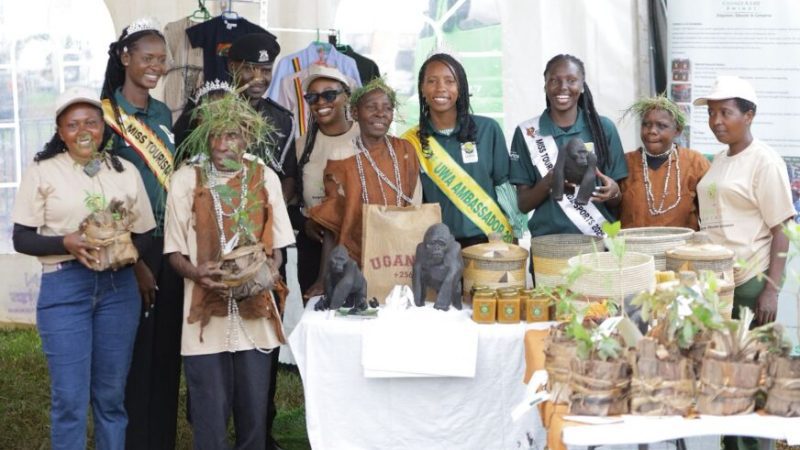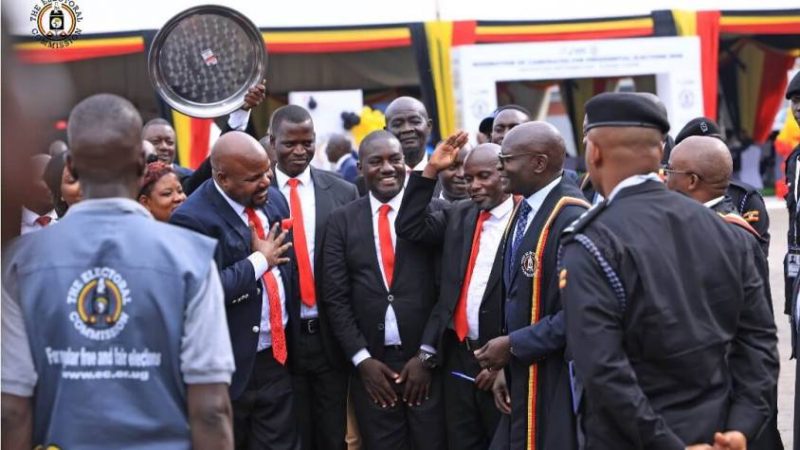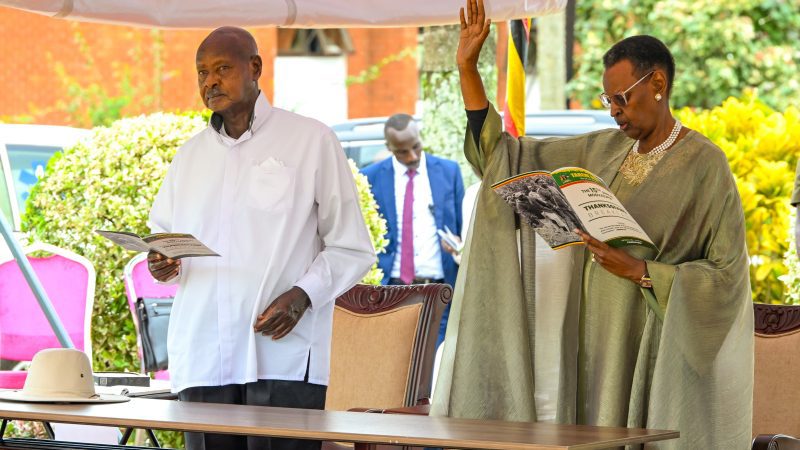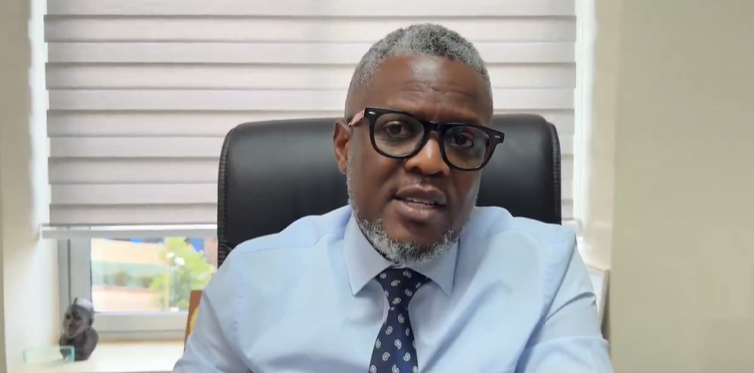Uganda’s privately owned TV and radio stations have refused to broadcast a presidential message promoting efforts to carry out a national census, citing a lack of funding.
This is despite a directive by the state-linked Uganda Communications Commission (UCC) to all broadcasters to give the census “maximum publicity” for free.
President Yoweri Museveni had recorded a video message explaining to Ugandans the importance of participating in the exercise.
But the broadcasters’ association dismissed the directive, saying they could not comply with it without adequate government funding.
The government has declared Friday a public holiday to enable citizens to fully participate in the National Housing and Population Census.
The 10-day exercise, carried out by the Uganda Bureau of Statistics (UBOS), is intended to gather social and demographic data for proper government planning.
Mr Museveni’s message has been posted on social media, urging Ugandans to co-operate with data collectors and to provide them with accurate information.
On Tuesday, the UCC ordered all local broadcasters to air the message throughout the exercise to ensure its success.
It reminded broadcasters of their obligation, under official guidelines, to give the government free airtime for national events.
In response, the industry representative, the National Association of Broadcasters (NAB), said that private broadcasters provided free coverage during national emergencies but expected the government to fund pre-planned events like the census.
Media outlets operated as commercial entities, paying licensing fees and taxes to the government, while also having other costs, like staff salaries, NAB chairman Innocent Nahabwe said in a statement.
Complying with such directives without appropriate funding would set a worrying precedent, he added.
“It is based on these considerations that we have regrettably declined to comply with the directive issued by the UCC and will advise our members accordingly,” Mr Nahabwe said.
Uganda will be carrying out its sixth national census, with digital systems being used for the first time, local media reported.
The last census in 2014 put the East African’s state’s population at 36 million. Estimates suggest that the number has since risen to about 45 million.









